Recent Blogs
Your Guide to Buying an Electric Surfboard
April 9, 2024
Our Favorite Inflatable Docks & Floating Cabanas
February 19, 2024
Understanding Boat Trade in Values
February 19, 2024
Archives
Categories
- Everything Else (30)
- Apparel (9)
- Boating (201)
- Boat Show (5)
- Yacht Tenders (13)
- Charity (1)
- SUP (10)
- Customer Service (1)
- Yacht Toys (9)
- Events (3)
- Places (1)
- Fishing (30)
- Kayak Modding (1)
- Marine Training (1)
- Land Toys (0)
- Watersports (2)
- Amphibious (1)
- Toys (5)
- Submersible (1)
- Propane Gas Engines (2)
- Kayak Fishing (6)
- Diving (1)
- Docks (2)
- Boat Accessories (4)
- Safety (3)
- Kayaking (14)
- New products (3)
- Boat Service (2)
- Engines (34)
- Sailing (1)
- Yacht Brokerage (1)
- Brokerage (2)
- Kayak (1)
Is Your Boat Documentation Up to Date?

Documentation is the federal registration of a boat with the US Coast Guard. US Coast Guard vessel documentation is recognized internationally as a certificate of ownership and nationality. Therefore, documented vessels are protected as Vessels of The United States.
To be federally documented, the owners of the vessel must be citizens of the United States. Usually, any boat over 26 feet in length qualifies for documentation. A documented vessel is identified by an 'Official Number' which is carved or bonded to the hull of the vessel. This permanent numbering system acts as a theft deterrent. If stolen, a documented vessel falls under federal jurisdiction for recovery and prosecution, rather than state or local.
Federal law requires any undocumented vessel equipped with propulsion machinery to be numbered in the State in which it is principally operated. The law allows the States to create their own numbering systems as long as they meet or exceed Federal requirements.
If the owner has a choice between the two forms of registration, what are the advantages or disadvantages of documenting the boat?
Advantages: The main benefit of documentation versus numbering, is that a documented vessel may be the subject of a Preferred Ship Mortgage under 46 United States Code Chapter 313. In practical terms, this means that lending institutions regard a documented vessel as a more secure form of collateral. For larger and more expensive boats, it may be easier to obtain bank financing if the boat is documented rather than numbered.
Another benefit is that the certificate of documentation may make customs entry and clearance easier in foreign ports. The document is treated as a form of national registration that clearly identifies the nationality of the vessel.
Disadvantages: The main disadvantage of documenting rather than numbering is the higher cost. The initial documentation fee for a recreational vessel is $100.00. The numbering fee varies from State to State but averages about $25.00. In addition, documented vessels are not exempt from State or local taxes or other boating fees. Some individual States require a registration fee even if a boat is documented.
A complete vessel file, including the chain of ownership and all recorded liens and mortgages, is maintained at the USCG National Vessel Documentation Center (NVDC). Also, documented vessels do not have to clear Customs when returning to or leaving the United States. Instead, a Report of Departure or Arrival is made to the Customs office, and a permit is signed by the master.





Sign up for Nautical Ventures EMAIL UPDATES & PROMOTIONS


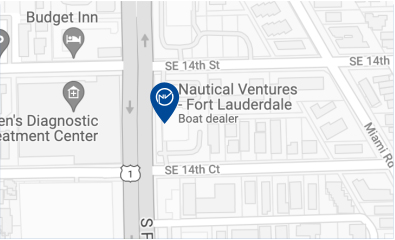



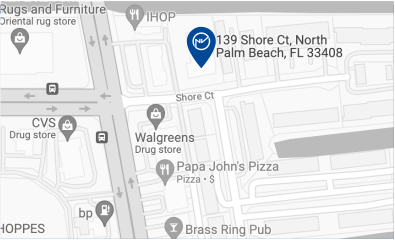

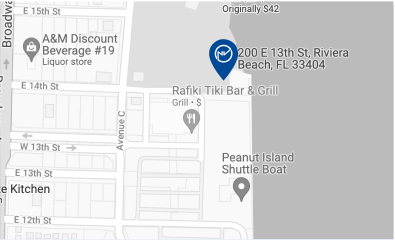

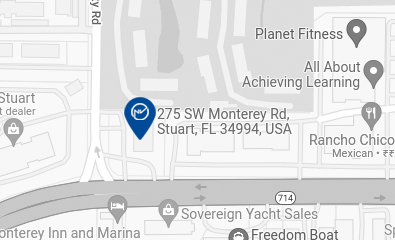

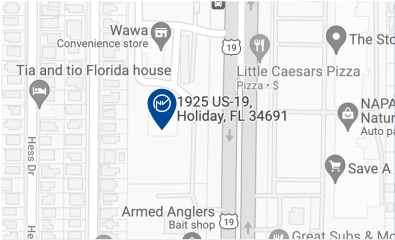

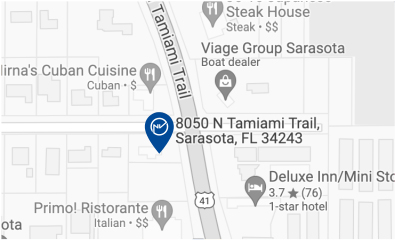



Comments